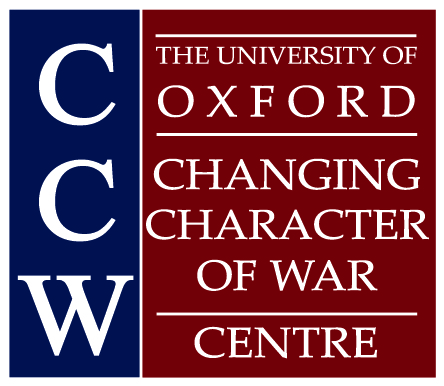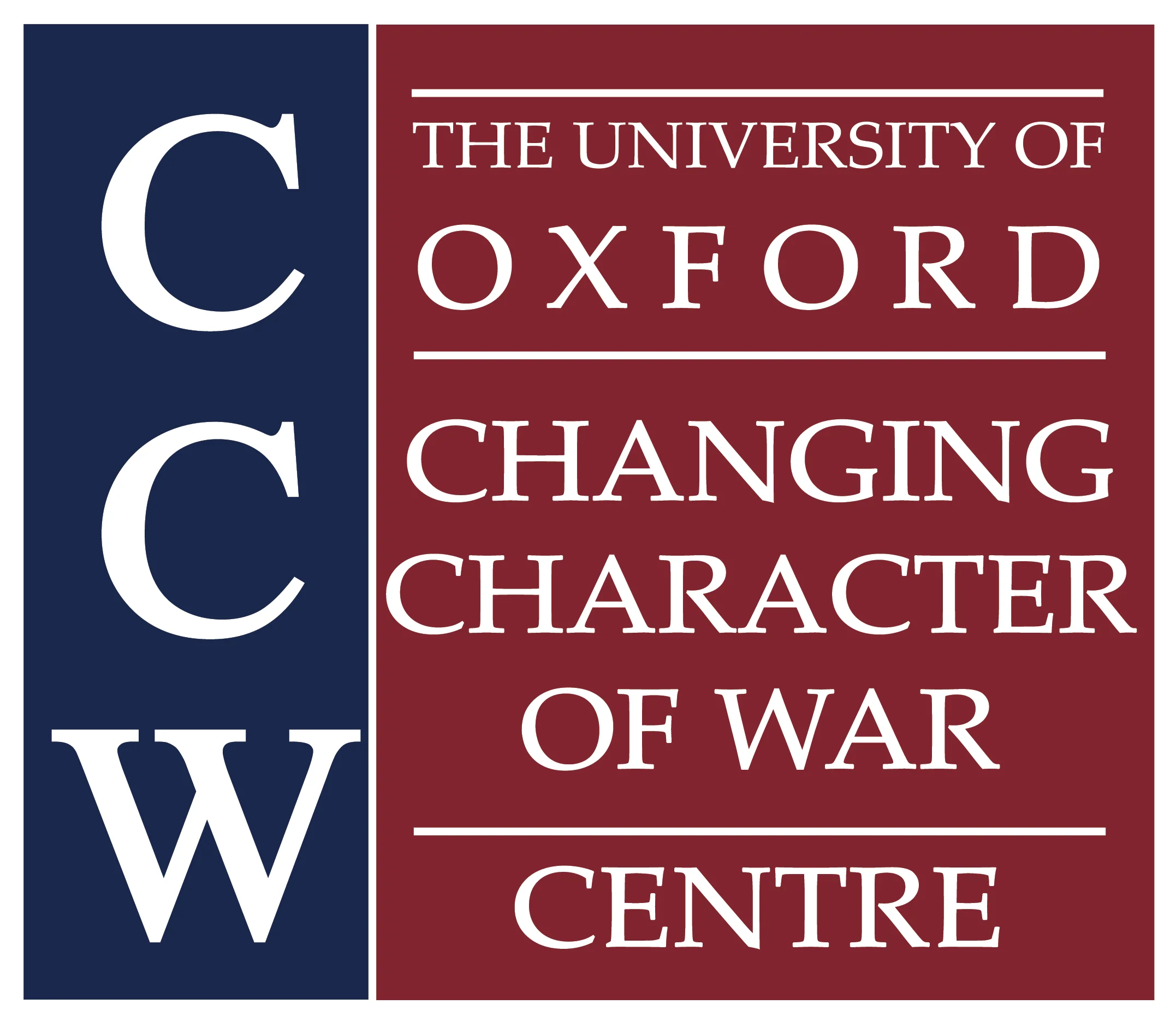
Technology and Security Nexus: Multilateral AI Governance Negotiations & Global Inclusion at the UN
Wednesday 5 June, 15.00
Chester Room, Nuffield College
OXFORD TECHNOLOGY AND SECURITY NEXUS
Topic: Multilateral AI Governance Negotiations & Global Inclusion at the UN
Sam Daws, Senior Practitioner Associate (DPIR)
Sam Daws works on the interface of multilateral policy, diplomatic strategy, and geopolitics, with a focus on AI governance. He has worked in UN-related policy roles for over three decades. From 2000 to 2003 he served as First Officer to UN Secretary-General Kofi Annan in New York. He later served as Deputy Director in the UK Cabinet Office supporting the Prime Minister’s role as Co-Chair of the UN Panel on the creation of the Sustainable Development Goals. His previous roles included Senior Principal Research Analyst in the Multilateral Policy Directorate of the Foreign & Commonwealth Office, Executive Director of the United Nations Association of the UK, and UK Representative of the United Nations Foundation.
Sam has a degree in social anthropology with African and Asian development studies, and a Masters in international conflict analysis.
The Oxford Technology and Security Nexus meets at Nuffield College as well as hybrid on Zoom. The group ultimately aims to break down siloes between academic research and policy/security practitioners’ work, demystify the political and security implications of new technologies, and foster better findings- and ideas-sharing among the broader Oxford community invested in these topics.
Attendance to all sessions is open to graduate students and members of the academic or policy communities. Group attendance may be limited; it is encouraged for all interested participants to contact Elisabeth (elisabeth.siegel@politics.ox.ac.uk) in advance to secure their place and receive the preparatory materials.












